At the A2 level of Italian, learners build upon their foundational knowledge, enhancing their ability to communicate in everyday situations. This level focuses on developing a broader vocabulary, improving comprehension, and fostering confidence in basic interactions.
Listening Skills
- Understanding sentences and frequently used expressions related to areas of immediate relevance, such as personal and family information, shopping, local geography, and work.
- Following short, clear, and slow conversations in familiar contexts, such as simple directions or routine exchanges.
Speaking Skills
- Engaging in brief conversations using phrases and sentences to discuss familiar topics, such as daily activities, preferences, and routines.
- Asking and answering simple questions about personal experiences, likes and dislikes, and basic needs.
- Participating in everyday interactions, such as ordering food, buying tickets, or making simple plans.
Reading Skills
- Reading and understanding short texts, such as advertisements, timetables, and instructions.
- Identifying the main idea and details in simple personal correspondence, like emails or letters.
Writing Skills
- Writing short texts, such as notes, messages, or informal emails, on familiar topics.
- Composing short descriptions of people, places, or personal experiences.
Grammar
- Verb Tenses: Consolidation of the present tense, introduction of the past tenses (passato prossimo), and an overview of the future tense (futuro semplice).
- Reflexive Verbs: Using verbs like alzarsi, lavarsi, vestirsi in routine contexts.
- Pronouns: Using direct object pronouns (e.g., mi, ti, lo, la, ci, vi, li, le) and an introduction to indirect object pronouns (e.g., gli, le, loro).
- Articles: Improved accuracy with definite and indefinite articles in various contexts.
- Adjectives and Adverbs: Expanding use of comparative and superlative forms (e.g., più grande, meno interessante).
- Prepositions: Practicing prepositions of place and time (e.g., sopra, sotto, vicino a, alle).
Vocabulary
- Expanding vocabulary related to:
- Personal and family life.
- Shopping, clothing, and food.
- Leisure activities, travel, and holidays.
- Health and wellness.
- Common phrases for expressing opinions, preferences, and feelings (e.g., secondo me, penso che, mi piace molto).
Cultural Awareness
- Learning more about Italian traditions, holidays, and daily life.
- Exploring regional differences, local foods, and key cultural practices.
- Understanding polite expressions and formal/informal distinctions in interactions.
At the A2 level, learners can handle basic and routine tasks, describe their background and immediate surroundings, and interact in simple, direct exchanges. By the end of this level, they are better equipped to manage travel or social interactions in Italian-speaking contexts.
Syllabus
- Personal pronouns direct and indirect
- Impersonal form
- Indefinite adjectives
- Ordinary numbers
- Articulated prepositions
- Active conjugation of the regular verbs, of the irregular verbs andare, bere, dare, dire, fare, stare, venire (to go, to drink, to give, to say, to do, to be, to go) and modal verbs in the following modes and time forms– Indicative past form– Imperfetto– Future– Imperative– Gerundive– Conditional present.
- The simple sentence: exclamatory prepositions
- The complex sentence: Objective subordinate prepositions, implicit temporal introduced by prima di (before this, before I do this….)




